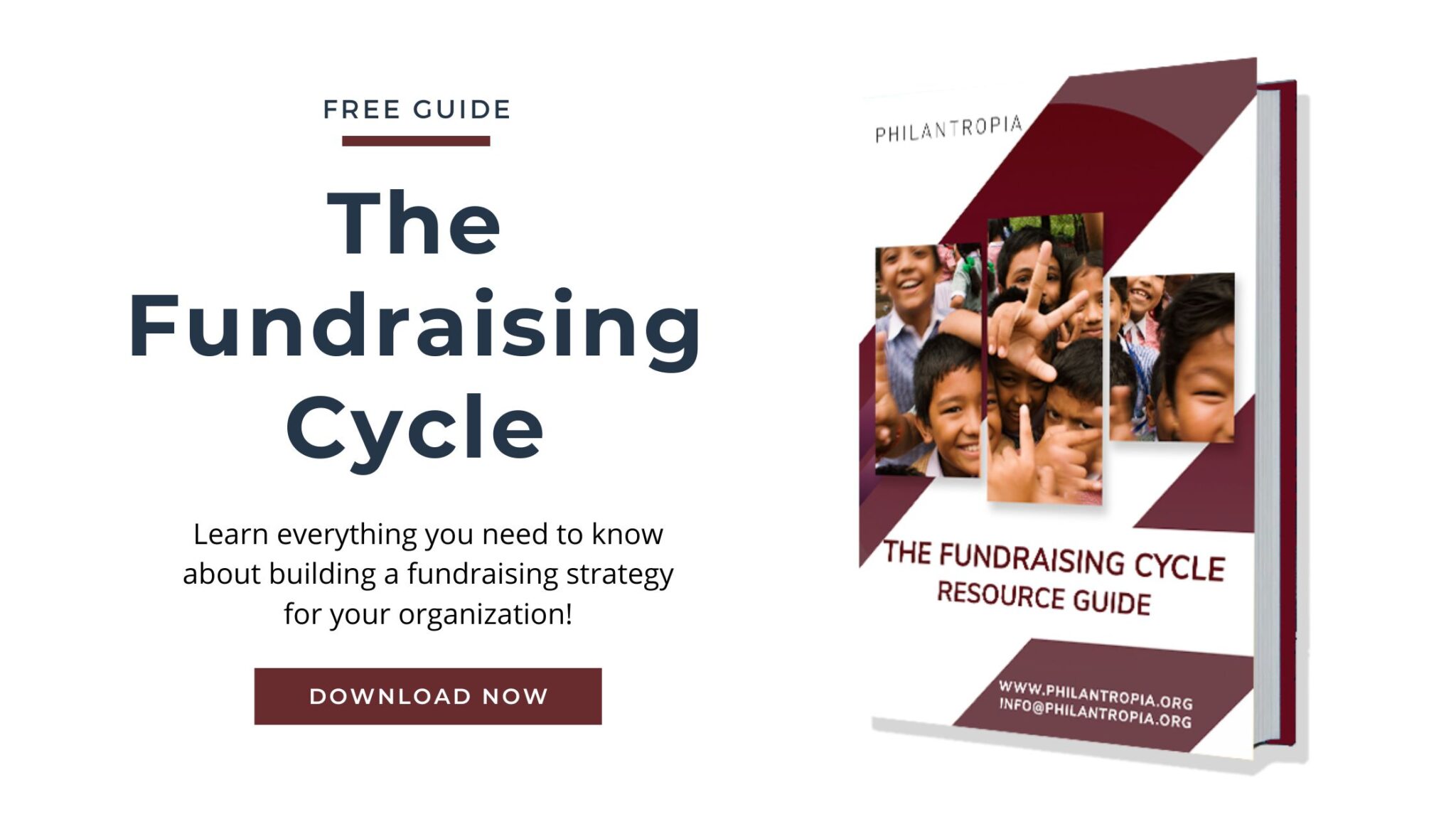NGOs are renowned for having a dedicated staff that are happy to go beyond the call of duty without a second thought. They often work long hours, evenings and weekends, and most could be earning far more in a similar role in the private sector. Normally, People working within the non-profit industry have chosen to be there and have decided that they would rather have job satisfaction and work towards something positive than going home early with a bigger paycheck.
Not everyone within the sector is like that, but a decent proportion fit into the above description. And it is these people that we need to encourage and develop to become the leaders, ambassadors, and advocates for the industry. Unfortunately for most NGOs and similar organizations, staff development budgets are notoriously low. All non-profit organizations seek to maximize their investment in their beneficiaries, and additional budgets for staff training are often at the bottom of the pile whenever an annual budget drawing comes around. For a significant proportion of employees within the not-for-profit sector, career development is a responsibility that will fall on themselves rather than the organization they work for. Due to the common lack of organizational support for career development, it is often those individuals who show the greatest initiative and determination to develop their skills outside of their workplace that reaches the top.
We understand it is not always obvious what skills you would need to develop to achieve your goals within the sector, which is why we’ve compiled here the top five skills you need to develop to support your professional development.
Networking
Get out there and start networking with leaders in your own community as well as senior figures within the NGO sector in your region. You will be exposed to new learning opportunities, different points of view, stories of success and failure, and insights from other organizations as well as start to establish a name for yourself amongst your peers. You can do this in person as well as online using tools such as; LinkedIn or open forums. Researching is your best tool. Simply going out into your community to listen, take on information, and learn from others is a fantastic way of developing your skills and improving your future career prospects.
Volunteer
Finding the time to volunteer is not always easy, but it can be a wonderfully rewarding experience that can help you to rapidly advance your career. It is not always possible to get the experience you need within your employment, but volunteering represents a great opportunity to work in different areas of an NGO or to work for an organization that works in a particular field such as human rights or education. Not only will the experience help to develop your skills and improve your CV, but it will also demonstrate your desire and motivation to improve yourself, an asset that employers love.
Attend Conferences
Throughout the world, there are regular conferences taking place at the local, regional, national and international level. There is a huge diversity of conferences which take place throughout the year, which should ensure there are a few events per year that are relevant and you’re able to travel to. They provide an opportunity to meet leaders in your industry, listen to the latest developments and changes in the sector and contribute to top-level discussions. Attendance at conferences again demonstrates your ambition and desire to learn and improve yourself with relevant skills that will be of value to you and any future employers.
Become a Fellow
Fellowships are professional development programs run by nonprofits, academics, think tanks and governments. They normally involve a training scheme followed by a short work opportunity that is designed to develop participants’ skills as well as support non-profit organizations to achieve their objectives. There tends to be significant competition to take part in most fellowship schemes due to the discounted of free training opportunities and the potential career and networking benefits that come from establishing a lifelong relationship with a reputable organization.
Develop your Academic Skills
The past decade has seen a rapid rise in the professionalization of the NGO and not-for-profit-sectors. Up until quite recently, there were very few academic courses designed to support people keen to advance their careers within the sector, unlike for other disciplines. But as the sector has grown and ever larger amounts of money are involved, so has the demand for academic evidence of not-for-profit. There are now NGO leadership and management courses, degrees and even Ph.D.’s, as well as shorter certificate qualifications related to NGO management. As these qualifications are still relatively new it remains to be seen exactly how much value they will hold, but certainly they are a great option for people keen on entering academia and developing their skills in preparation for a career within an NGO.



